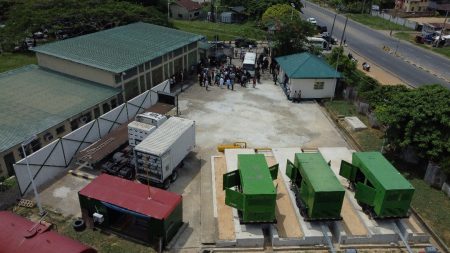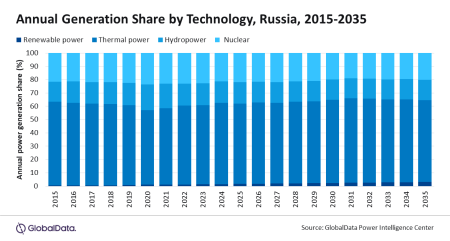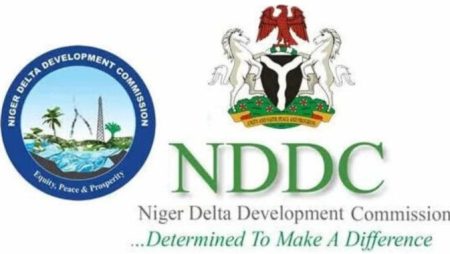 25 August 2012, Abuja – The chairman of the Nigerian Electricity Regulatory Commission, NERC, Dr. Sam Amadi, has given an insight on the plans to increase power supply in the country to 9,000 megawatts, saying the plans would still not be enough for a country as large as Nigeria.
25 August 2012, Abuja – The chairman of the Nigerian Electricity Regulatory Commission, NERC, Dr. Sam Amadi, has given an insight on the plans to increase power supply in the country to 9,000 megawatts, saying the plans would still not be enough for a country as large as Nigeria.
Amadi disclosed this at a one-day interactive session with the Nigerian Human Right Community, NHRC, on the issue of transparency growth and energy sector for human right work and effective energy service, which held penultimate week in Lagos.
He said the plan was to have 6,000 megawatts in 2012 at N24 per unit cost , adding that everybody was not supposed to pay the same amount because of the state of the very poor people in the society who consume very little energy.
“No one will want to invest on Power Holding Company of Nigeria (PHCN) unless they know how they can get their money back … South Africa for instance, produces 40,000 megawatts with 40 workers while Nigeria produces 4,000 with 40 workers also, which is not rational and people are the ones loosing, South Africa has about 42,000 while India is about to add another 100,000,” he said.
Amadi stressed that the N24 cost was changed to N4 per unit and was made possible through subsidy, explaining that low tension and maximum demand have no subsidy because the connection is directly from the transformer.
While emphasising on other issues concerning the power sector, he urged the human right society to get organised and set up a civil society group that would be in a position to represent the communities for public hearing, which should either be funded by the government or organisations.
“This group should create a coalition that would be called ‘consumer advocate’ believing it would affect the lives of the people. Nigerians should come together and partner with NERC through the human right groups in the country to handle the situation and look for a way forward,” he added.
Speaking at the interactive session, the representative of the NHRC and coordinator in the South-west area, Mr. Adewale Adeoye, said Nigeria cannot talk about Foreign Direct Investment without adequate energy provision, and since human rights work is all about humane society where equity liberty are guaranteed and social, economic rights and opportunities abound, the civil right content is imperative.
“We are here today as civil right group to engage one of the most important sectors in Nigeria economy that determines the strength of a country’s economy, the prowess of its manufacturing sector and the quantity and quality of trade and investment in any country,” he said.
He stated that there is a significant link between human right work and energy provision, “as a civil right movement, there is challenges related to inadequate energy supply.”
According to him, “We have seen people that have lost their lives due to poorly lit high ways; we frequently encounter conflicts between communities and energy service officials due to feud arising from energy crisis. We have seen the wok of the civil society movement suffer drastic set back due to disruptive energy services, we have seen many Non-Governmental Organisations collapse due to their inability to cope with the challenges with energy supply.”
– This Day



